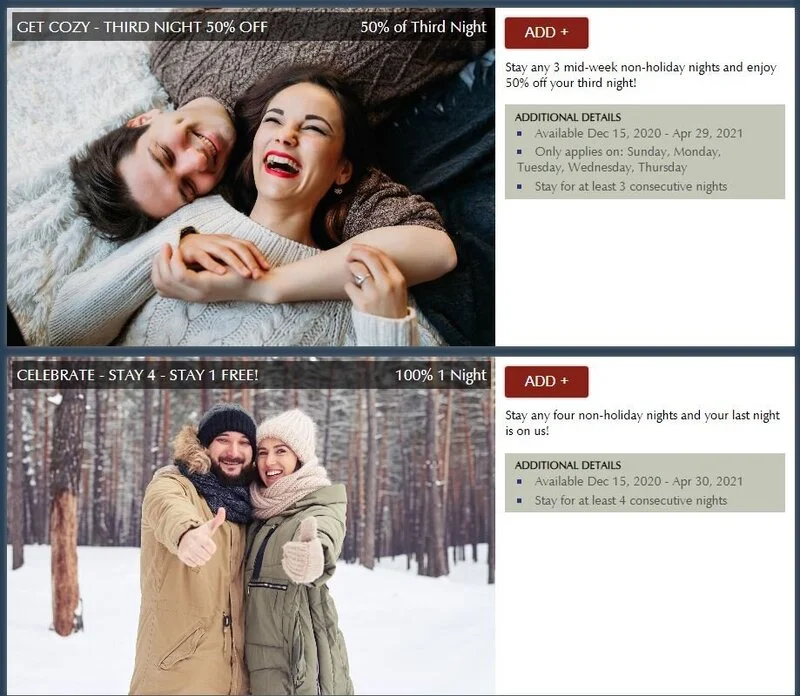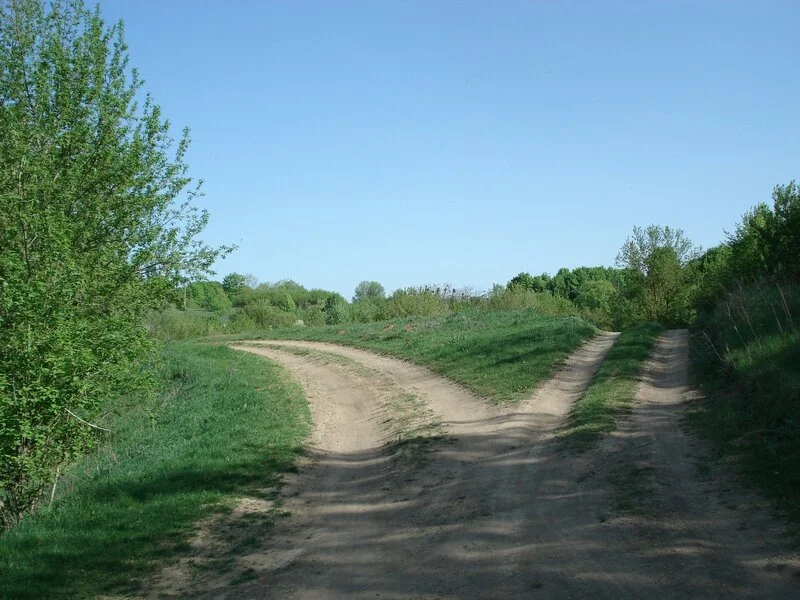"In a way, what I think we're going to see is most hotels will be creating new history. I have a hard time believing that there's going to be some point in time where people say, ‘Okay, now 2019 is relevant again.' "I think 2019 is lost forever in terms of relevancy of the data," Cross said, "and you're going to see a slow climb back. At some point, maybe in 2022, the data from 2021 will be relevant again, but still, I think recent trends will be more relevant than that history." "I'd say the biggest piece of advice for property managers is to really hone in on what's going on in real-time in your market, you might be pacing behind your own data compared to last year. And that can be worrisome, understandably. But if the market is in the same position, just know that maybe the demand isn't there yet, or know that your booking window has changed and focus your strategy on that booking window."






